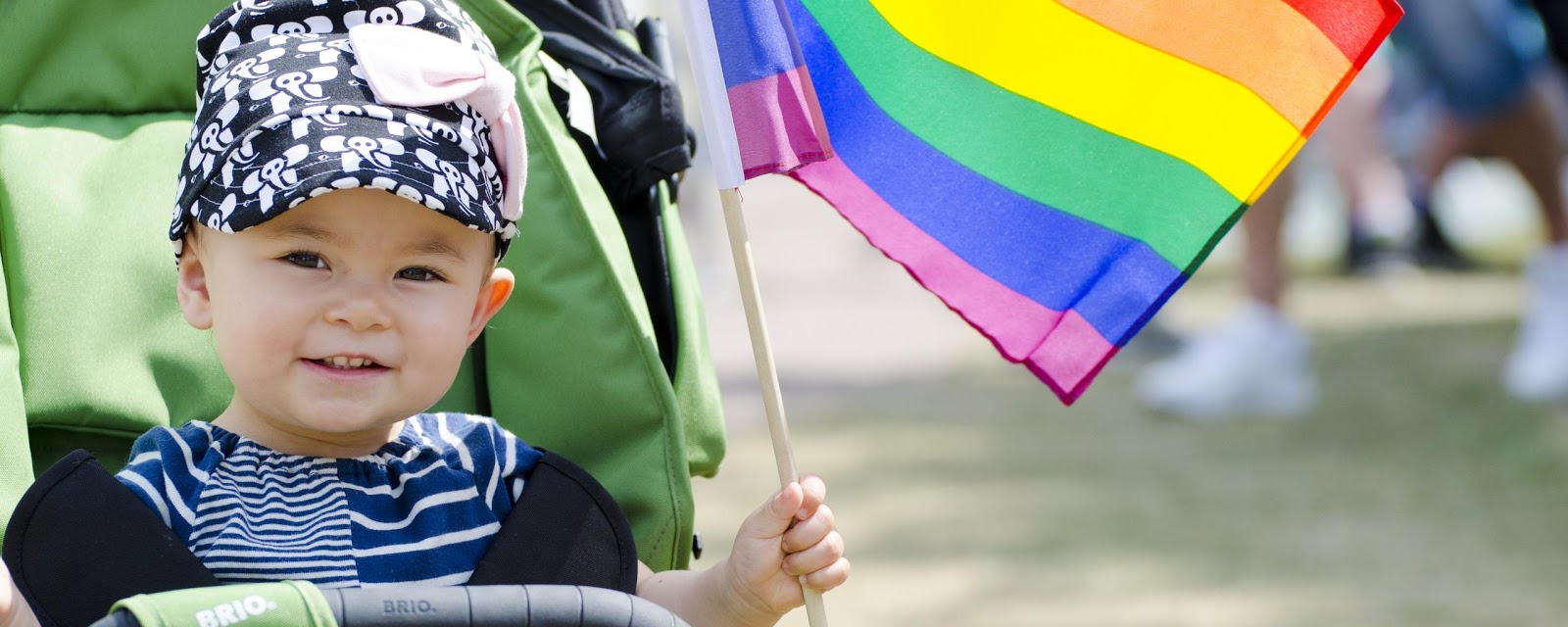University of Gothenburg thesis challenges heteronormativity in ECEC settings

The games children play at preschool are still “strongly characterised” by heterosexual norms, despite advocacy for the inclusion of same sex couples and families in many early childhood education and care (ECEC) policy documents and philosophies, Lena Sotevik, a PhD candidate at the University of Gothenburg, has said.
Ms Sotevik has conducted a critical analysis of norms in ECEC settings, finding that the norms are “both desired and questioned” within ECEC settings, and also within children’s culture.
“There is a demand for ECEC settings that actively work with the critical analysis of norms, and for children’s books addressing issues such as same-sex love. On the other hand, this approach is questioned by people who believe they are protecting children, on the basis of the idea of childhood innocence. I wanted to study these issues from a child’s perspective,” she explained.
To conduct her research, Ms Sotevik ran an ethnographic study at a preschool where she has observed the children at play to see how they replicate and challenge heterosexual norms, observing that the games often replicate norms.
“For example, conflicts could arise when someone wanted two mums when playing mummy and daddy. Another example is the problem encountered when the children wanted to play weddings with Barbie dolls and discovered that there was only one Ken doll. The solution was that the single Ken doll had to be rotated around the many Barbie dolls. No one came up with the idea that the Barbie dolls could marry each other,” she said.
“Games often have a built-in narrative that is repeated. This is why norms can become more clearly and strongly established in them. But then again, when I spoke directly with the children about these matters, they said that a family could include two mums. This shows that just because they play in a particular way, it doesn’t mean that they think things have to be that way, or that they aren’t aware of other ways of being,” Ms Sotevik added.
To deepen her understanding, she also analysed policy documents in the form of the equality plans of 30 preschools. These plans clearly stated that children are to learn about different family structures, however the approach taken by educators to meet this goal was “reactive rather than proactive”.
“The preschools don’t plan activities to introduce different family structures in the children’s games. Instead, they intend to answer the children’s questions and deal with the matter when confronted with spontaneous situations.”
“This is clearly a highly charged issue. I’d like the study to result in continued discussions on how to understand queerness from a child’s perspective and for everyone to consider how they themselves highlight different norms concerning family, love and the future.”
Ms Sotevik’s disputation took place at 1 pm on 5 February 2021. The title of her thesis is Barbie weddings & gay dogs. Children and childhoods in relation to queerness and (hetero)normative life courses.
Popular

Quality
Practice
Provider
Research
Workforce
Honouring the quiet magic of early childhood
2025-07-11 09:15:00
by Fiona Alston

Policy
Practice
Provider
Quality
Workforce
Minister Jess Walsh signals urgent action on safety and oversight in early learning
2025-07-11 08:45:01
by Fiona Alston

Workforce
Policy
Quality
Practice
Provider
Research
The silent oath: Why child protection is personal for every educator
2025-07-17 09:00:31
by Fiona Alston











